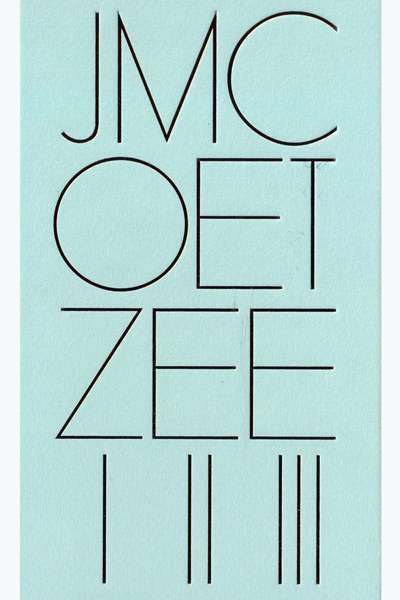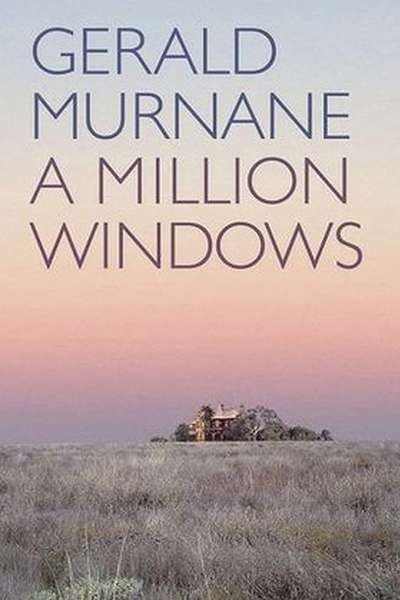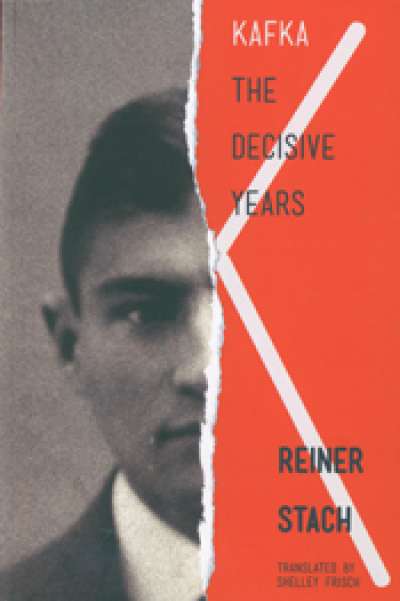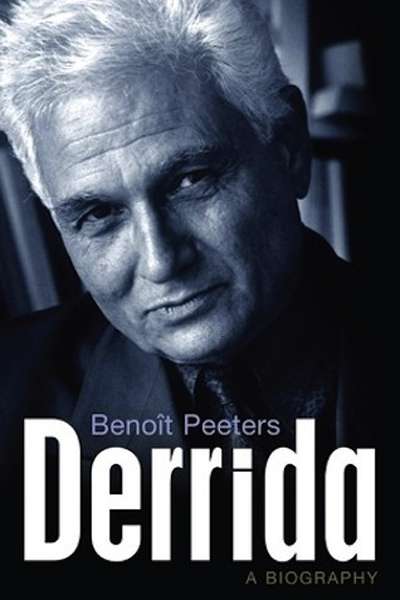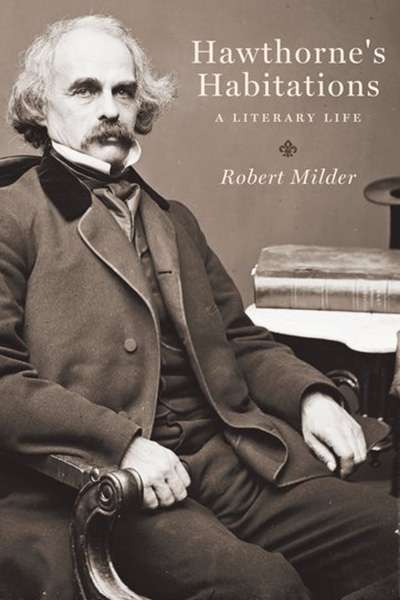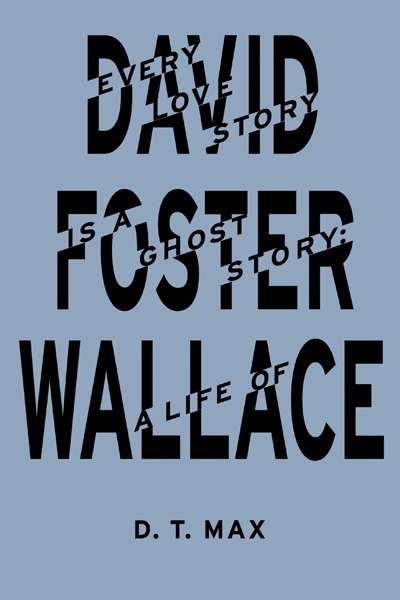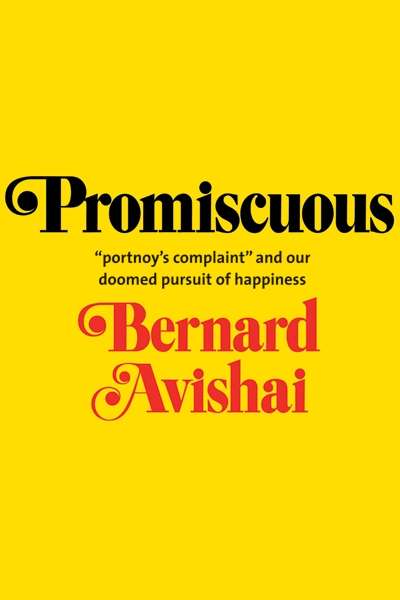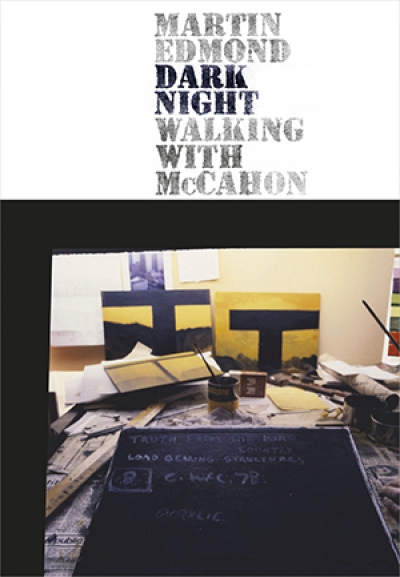Shannon Burns

Shannon Burns is a freelance writer and member of the J.M. Coetzee Centre for Creative Practice. He is a former ABR Patrons' Fellow, and has published short fiction, poetry, and academic articles. He is the author of a memoir, Childhood (Text Publishing, 2022).
Since the publication of Tamarisk Row (1974), Gerald Murnane has continued to shape his own peculiar literary landscape. With The Plains (1982), he perfected the novelistic expression of his style; since then Murnane has concentrated on hybrid forms better suited to his purposes. Landscape with Landscape (1985), Velvet Waters (1990), and A History of Books (2012) are high points of this phase, but ... (read more)
Franz Kafka lived in Prague in the early part of the twentieth century, during a period of considerable turmoil. Before succumbing to laryngeal tuberculosis aged forty, he witnessed the disintegration of an empire and the subsequent formation of a republic. Kafka also endured the administrative and domestic realities of a world war and was among millions of Europeans infected with Spanish flu. He ... (read more)
By what right, and in accordance with what set of social conditions or teleological commitments, ideologies, cultural and biographical conventions, and in whose name might one begin to speak of, formulate, detail, or analyse the life of Jackie aka ‘Jacques’ Derrida?
... (read more)
Unlike Hawthorne: A Life (2003), Brenda Wineapple’s penetrating and engaging biography of Nathaniel Hawthorne, Hawthorne’s Habitations, is a work of literary criticism informed by a narrow but fascinating range of biographical details and sources. These details support Robert Milder’s construction of an author ‘divided’ by contradictory drives that remained unresolved in Hawthorne ... (read more)
According to D.T. Max, ‘At the time of his tragic death by suicide in September 2008, David Foster Wallace was the foremost writer of his generation, the one who had forged the newest path and from whom the others, directly or indirectly, took their cues.’ Indeed, for someone desperate to escape the confines of self and wary of literary celebrity, Wallace endured more than his share of hype an ... (read more)
I nitially banned in Australia, Portnoy’s Complaint (1969) is Philip Roth’s early, bestselling, satirical tour de force. Alexander Portnoy addresses a long monologue to his analyst, Dr Spielvogel. Among other things, the monologue tackles Portnoy’s erotic and ethical shortcomings, lingering in particular over his father’s familial and economic emasculation, his mother’s overbearing clean ... (read more)
Colin McCahon was a prominent late-modernist New Zealand painter who temporarily disappeared while visiting the Sydney Botanic Gardens on 11 and 12 April 1984. As Martin Edmond relates, ‘Colin went off to the toilet but didn’t return’, and subsequently ‘spent 28 hours lost on the streets of Sydney’. When discovered, ‘he could not say who he was, carried no identification and seemed dis ... (read more)

